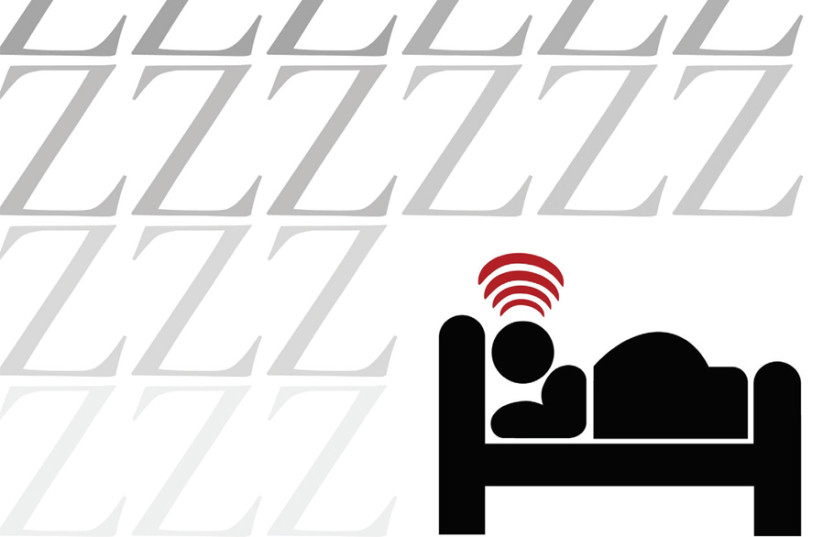Sleep can have a significant impact on physiological health, according to a new peer-reviewed study, published by Frontiers in Psychiatry on Thursday.
Insomnia, a problem whereby people struggle to fall or stay asleep, is estimated to impact 10-20% of the general population.
Previous studies have found that sleep disturbances increase the likelihood of a person developing inflammatory markers, but scientists have still not discovered the reasons behind this relationship. This study did not find that more sleep increased the risk of inflammatory markers, only sleep that lasted less than six hours.
A Taiwanese study found that an insomnia diagnosis doubled the risk of a patient developing pneumonia.
The study
The cross-sectional study asked 1848 patients in Norway to complete a survey during a visit to their family doctor.

Participants were asked how many hours of sleep they got a day and whether they were morning people or preferred the evening and then their sleep behavior was measured using the Bergen Insomnia Scale. Over the following three months, patients were asked to report when they developed infections.
Results of the study
48.3% of the respondents met the chronic insomnia disorder criteria and a further 46.9% fulfilled the category for having a chronic sleep problem.
16% of the respondents used antibiotics at some point during the three-month period.
Gastrointestinal infections and urinary tract infections were more frequent in patients that slept less.
Patients who slept less than six hours were at a 27% higher risk of infection. Additionally, patients that slept over nine hours were at a 44% higher risk of developing an infection.
The risk of infection was increased if patients suffered from chronic insomnia disorder or a chronic sleep problem.
Significance of the study
After the COVID-19 pandemic, the importance of infection risk reduction became more apparent to the general public. Prevention is thought to be the best cure. The study noted that it has been proven that “insomnia increased the risk of upper respiratory infection, COVID-19 hospitalization and severity.”
As the study made clear, poor sleep can affect immune parameters and reduce the body’s ability to fight infection. However, the study suggests that more research is needed to see if sleep duration is a symptom or a cause.
The study noted that long sleep duration is common amongst patients with cardio-vascular diseases, diabetes and obesity. It has also been linked to depression and behaviors like smoking and alcohol-drinking. It is unclear if sleep is a cause of the medical issues or a symptom of a lifestyle that can cause medicinal issues.
